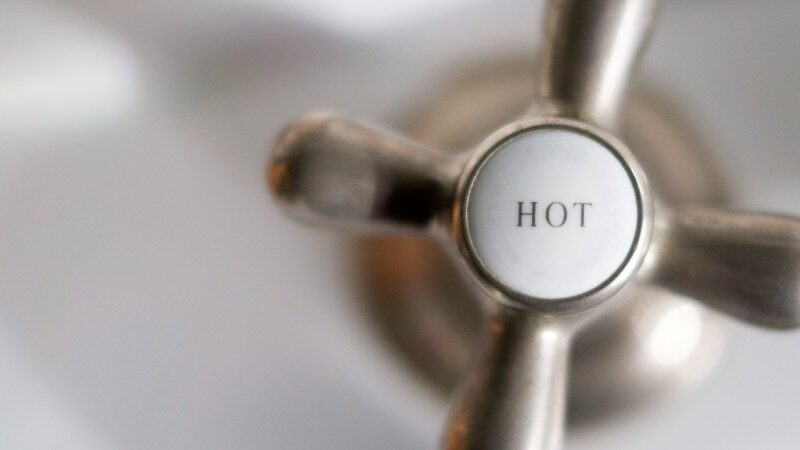Disclosure: This post may contain affiliate links, meaning we get a commission if you decide to make a purchase through our links, at no cost to you. Please read our disclosure for more info.
Buyers’ guide to choosing the most efficient water heater!
A sound hot water system is an essential part of your home. It should work efficiently in providing enough hot water used in bathing, doing the laundry and dishes, and keeping the house clean. Working with an efficient and durable hot water system will not only ensure a steady supply of water but will save you the cost of energy bills and money in the long run. This will also help keep the environment protected. But it’s always about choosing the BEST water heater. It could be easy to do that!
This guide will examine vital factors and tips to consider and choose the most efficient hot water system for your home. This will include having a clear picture of the different types of water systems available, the sizes, and the operating mechanism. Let’s talk about these now:
In This Post:
Choose the Right TYPE of Hot Water System
There are different types of water heater available. Knowing this fact is a good idea and will give you a better idea when choosing the hot water system.
Heat Pump Water Heaters
Heat pump water heaters do not generate heated water by the direct use of electric elements or a gas burner, but they use heat drawn from outside and concentrate this heat inside its unit to produce hot water. They are known to be very energy efficient than the other types of water heater, which we will discuss.
However, a drawback to this type is that the air around the system mustn’t be too cold, which means they are climate selective. They also cost more to install initially but will save money in the long run.
Conventional Storage-Tank Water Heaters
This is the most popular type found in homes today. They have a simple concept which maintains the water at the needed temperature by using a thermostat. The heating electric or gas burner heats the water inside the tank and maintains this temperature for a long time. They are inexpensive to purchase but require a higher cost of operations due to standby loss of heat.
Tankless Water Heater
They are also called demand water heaters, and they only provide hot water when you need it. They avoid the drawback of running on standby heat supply and will therefore be energy efficient. Tankless water heaters don’t occupy space but will produce water at inconsistent temperatures.
Solar Water Heaters
They work with a similar mechanism as the conventional storage tank heater, but their source of power is directly from the sun. They are energy efficient and also cost-effective. This is because the sun is free for all to use. Meanwhile, it would be best if you were prepared because it will be affected by climatic variables.
It would also be best if chemical dosing pots are present in the water system you choose. They will help feed chemicals into it to prevent corrosion, microbial growth, and scaling.
Know the Suitable Fuel Types for You
Another essential factor to consider when buying a water heater is the energy source or fuel type it operates with. There are different sources of energy that can be used to power a water heating system. They include:
- Electricity; which is very common in the USA and popular in tankless, conventional storage, and heat pump water heaters.
- Fuel
- Geothermal; also common in many homes, but will be best if there was already a geothermal heat pump in the house. It makes use of heat drawn from the ground.
- Solar energy; best for places with suitable climatic conditions where the temperature doesn’t drop too low.
- Propane gas; which is readily available for use in the USA and is ideal for tankless and storage water heaters.
So What’s Your Choice?
Having studied the different water heating systems, you need to consider your budget and funding over the long term. You will also need to consider your available space as these water heaters come in different sizes.

